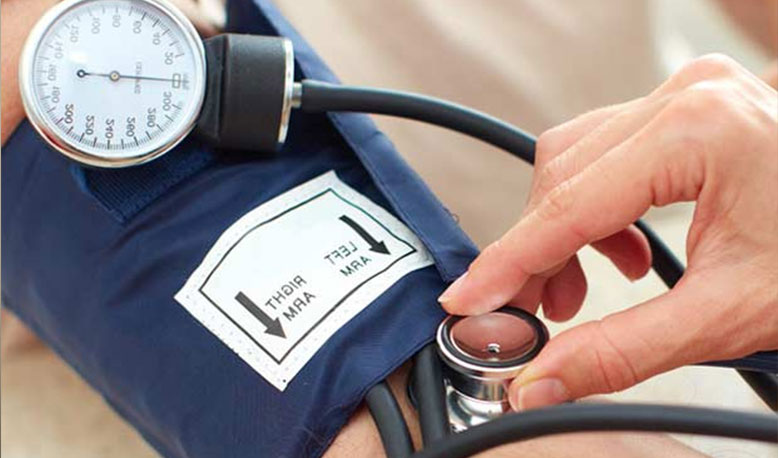
Hepatitis is a disease that affects the liver. Hepatitis A, B, and C viruses are the most prevalent causes of hepatitis. Hepatitis Test, also known as Hepatitis panel, is a blood test that determines whether you have been infected with one of these viruses.
Preliminary tests to assess the liver and discover indications of hepatitis are frequently used in Hepatitis testing. It may request individual tests or broad test panels, such as a complete metabolic panel and a liver panel, based on the medical history, patient's symptoms, and the findings of a physical exam. These tests can be performed to assess the liver, detect signs of Hepatitis, and narrow down the underlying reason for a patient's illness.
For persons who are at a higher risk of developing HBV, Hepatitis B testing is suggested. Pregnant women, persons born in places of the world where hepatitis B is more frequent and those who did not receive a hepatitis B vaccine as an infant may all benefit from screening.
Except in locations with a very low prevalence of HCV, this screening for hepatitis C (HCV) is recommended in all persons over the age of 18. Current or previous injectable drug use, needle contact at work, and being born to a mother with hepatitis C are all risk factors for HCV.
Hepatitis tests are used to detect and diagnose hepatitis, as well as to examine the liver and discover the underlying cause of hepatitis:
Hepatitis B and C screening tests aim to detect infections early before symptoms appear and treatment becomes more difficult. Screening for viral hepatitis reduces liver damage and prevents individuals from spreading hepatitis to others without their knowledge. Because screening guidelines differ depending on a patient's gender, age, family history, and other risk factors, a patient's doctor can assist in determining the necessity for screening tests. The following are some screening suggestions:
The type of Hepatitis determines the treatment. With rest and plenty of water, Hepatitis A normally goes away on its own. Antiviral drugs can be used to treat Hepatitis B, but they must be used throughout the person's life. Hepatitis C is likewise treated with antivirals, but it is cured in more than 90% of cases after eight to 12 weeks of treatment.
Hepatitis A and B can be prevented with vaccines. For Hepatitis C, there’s no vaccine available to date. Hepatitis A can also be avoided by maintaining proper hygiene and washing hands thoroughly. Use proper safety measures during physical intimacy; be cautious about having piercings, and tattoos. For preventing Hepatitis B & C, it is recommended never to share needles with others.

DGchem Lab is the best lab in Delhi NCR. We provide free Home Sample collection services and made to realize the importance of investing in a healthy workforce.